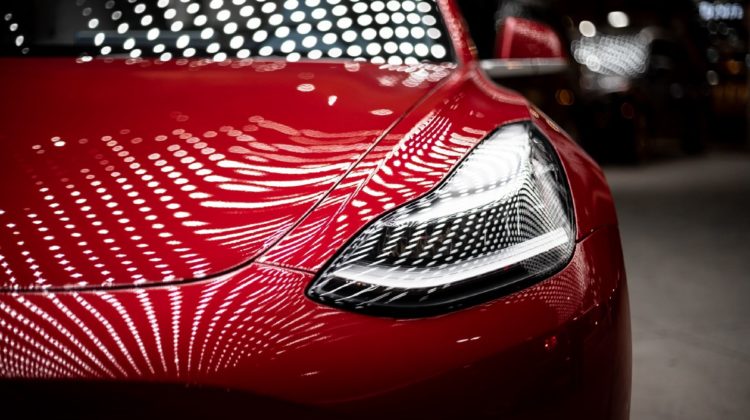
“Second machine age: sustained exponential improvement in most aspects of computing, extraordinarily large amounts of digitized information, and recombinant innovation. These three forces are yielding breakthroughs.”
“Not only are the new technologies exponential, digital, and combinatorial, but most of the gains are still ahead of us. In the next twenty-four months, the planet will add more computer power than it did in all previous history. Over the next twenty-four years, the increase will likely be over a thousand-fold.”
“Albert Einstein once said that black holes are where God divided by zero, and that created some strange physics. While the marginal costs of digital goods do not quite approach zero, they are close enough to create some pretty strange economics.”
“One machine can do the work of fifty ordinary men. No machine can do the work of one extraordinary man.” — Elbert Hubbard”
“The greatest shortcoming of the human race is our inability to understand the exponential function.” — Albert A. Bartlett”
“Technology is a gift of God. After the gift of life, it is perhaps the greatest of God’s gifts. It is the mother of civilizations, of arts and of sciences.” — Freeman Dyson”
“Now comes the second machine age. Computers and other digital advances are doing for mental power — the ability to use our brains to understand and shape our environments — what the steam engine and its descendants did for muscle power.”
“There is no better resource for improving the world and bettering the state of humanity than the world’s humans — all 7.1 billion of us.”
“Work saves a man from three great evils: boredom, vice, and need.”
“When technology advances too quickly for education to keep up, inequality generally rises.”
“A team of just fifteen people at Instagram created a simple app that over 130 million customers use to share some sixteen billion photos (and counting).”
“The Gross National Product does not include the beauty of our poetry or the intelligence of our public debate. It measures neither our wit nor our courage, neither our wisdom nor our learning, neither our compassion nor our devotion. It measures everything, in short, except that which makes life worthwhile.” — Robert F. Kennedy”
“Montessori classrooms emphasize self-directed learning, hands-on engagement with a wide variety of materials (including plants and animals), and a largely unstructured school day. And in recent years they’ve produced alumni including the founders of Google (Larry Page and Sergey Brin), Amazon (Jeff Bezos), and Wikipedia (Jimmy Wales). These examples appear to be part of a broader trend. Management researchers Jeffrey Dyer and Hal Gregersen interviewed five hundred prominent innovators and found that a disproportionate number of them also went to Montessori schools, where “they learned to follow their curiosity.” As a Wall Street Journal blog post by Peter Sims put it, “the Montessori educational approach might be the surest route to joining the creative elite, which are so overrepresented by the school’s alumni that one might suspect a Montessori Mafia.”
“Steven Pinker puts it, “The main lesson of thirty-five years of AI research is that the hard problems are easy and the easy problems are hard. . .”
“The discovery by artificial intelligence and robotics researchers that, contrary to traditional assumptions, high-level reasoning requires very little computation, but low-level sensorimotor skills require enormous computational resources.”
“The main lesson of thirty-five years of AI research is that the hard problems are easy and the easy problems are hard. . . . As the new generation of intelligent devices appears, it will be the stock analysts and petrochemical engineers and parole board members who are in danger of being replaced by machines. The gardeners, receptionists, and cooks are secure in their jobs for decades to come.”
